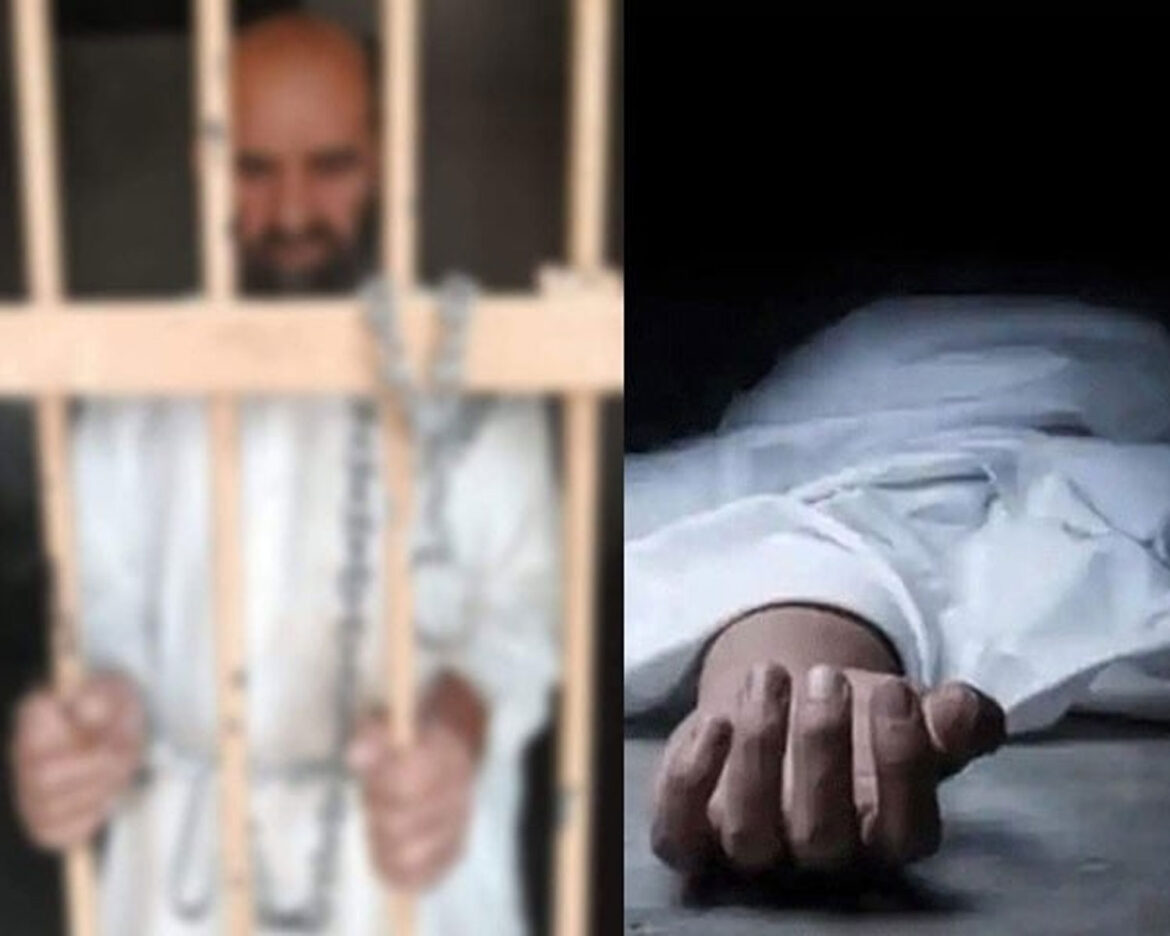A police officer in Quetta fatally shot a man held in custody on blasphemy charges, according to police officials. The incident occurred after the officer gained access to the police station by pretending to be a relative of the suspect, Senior Superintendent of Police (SSP) Muhammad Baloch confirmed on Thursday.
The suspect had been arrested earlier in the week and transferred to a heavily secured police station due to heightened tensions. An enraged mob, reportedly from the Tehreek-i-Labbaik Pakistan (TLP) and other religious groups, had demanded that the man be handed over to them. In response, protests erupted across Quetta, with demonstrators blocking roads, burning tyres, and staging rallies.
During the protests, a hand grenade was hurled at the Kharotabad police station. Fortunately, the grenade exploded outside the station, causing no casualties. Following the unrest, law enforcement officers arrested the police officer responsible for the shooting.
The blasphemy suspect had been taken into custody after a phone conversation, allegedly containing derogatory remarks about the Holy Prophet Muhammad (PBUH), went viral on social media. The incident sparked widespread outrage, leading to protests and demands for justice. An FIR was lodged against the suspect under Sections 295C and 34 of the Pakistan Penal Code, and investigations were underway.
Authorities eventually managed to disperse the protesters after negotiations, reopening the blocked western bypass. However, the TLP continued to hold rallies in different parts of the city.
This incident is the latest in a series of violent reactions to blasphemy accusations in Pakistan. In May, police in Sargodha rescued a Christian man from a mob, only for him to succumb to his injuries days later. In another high-profile case, a man accused of desecrating the Holy Quran was lynched by a mob in Swat in June.
Blasphemy remains a highly sensitive issue in Pakistan, often leading to violent confrontations, and police face increasing challenges in managing public outrage and upholding the law.



